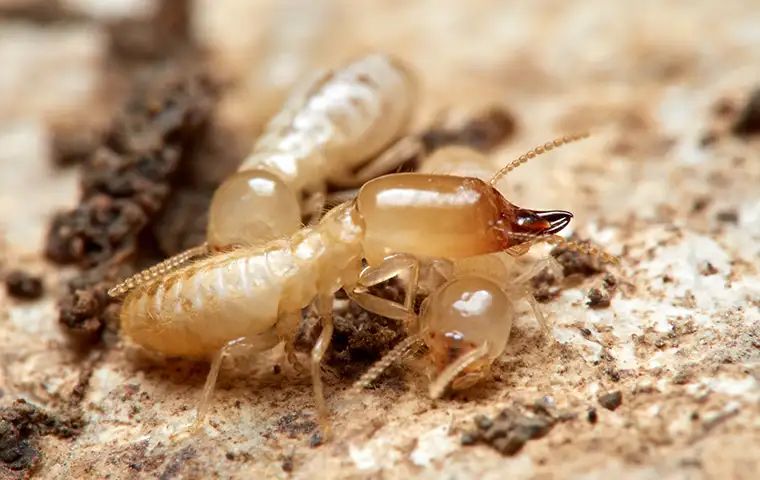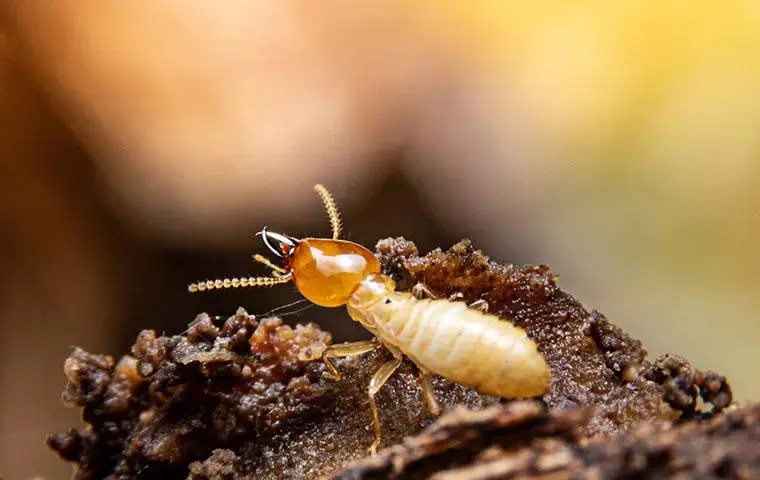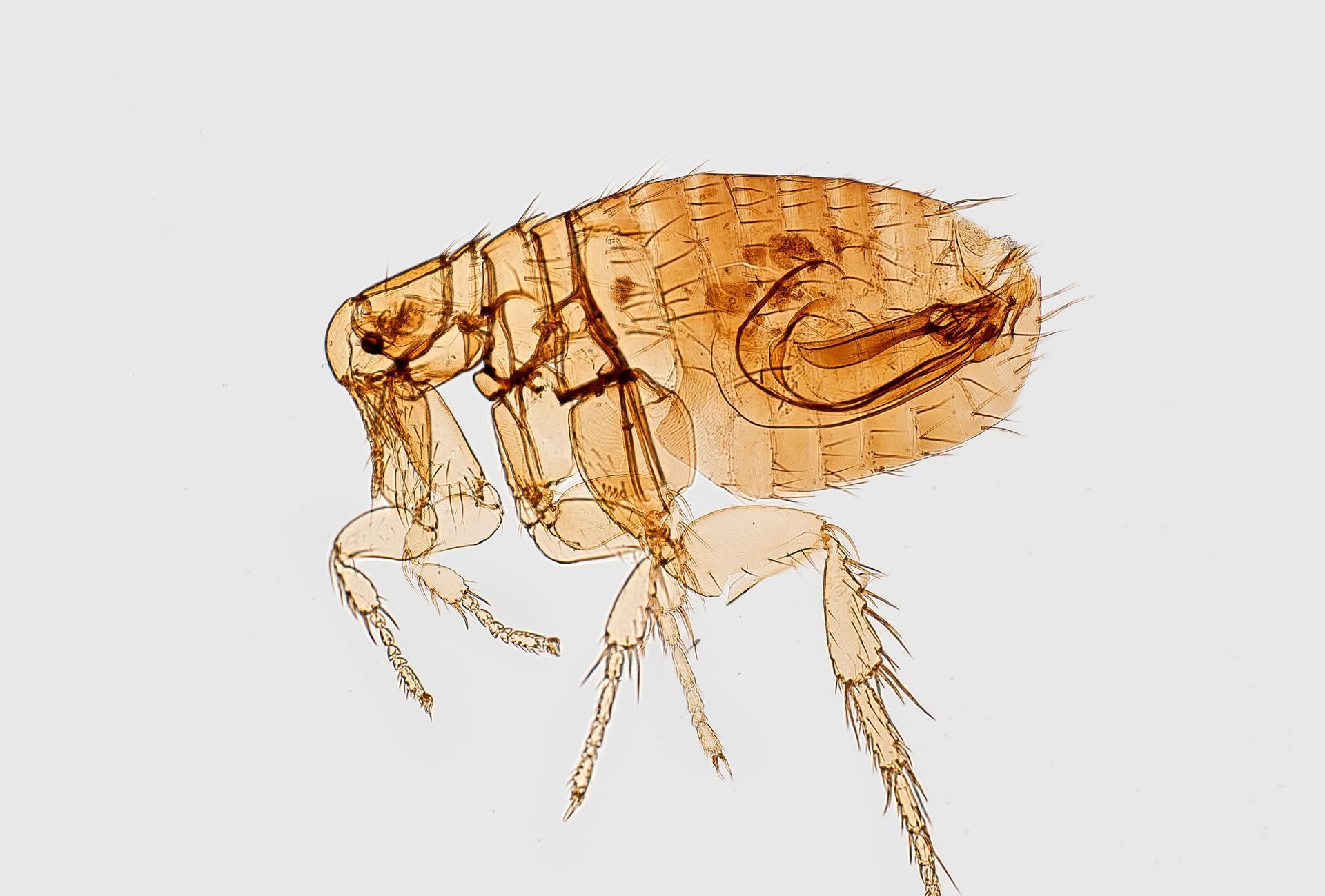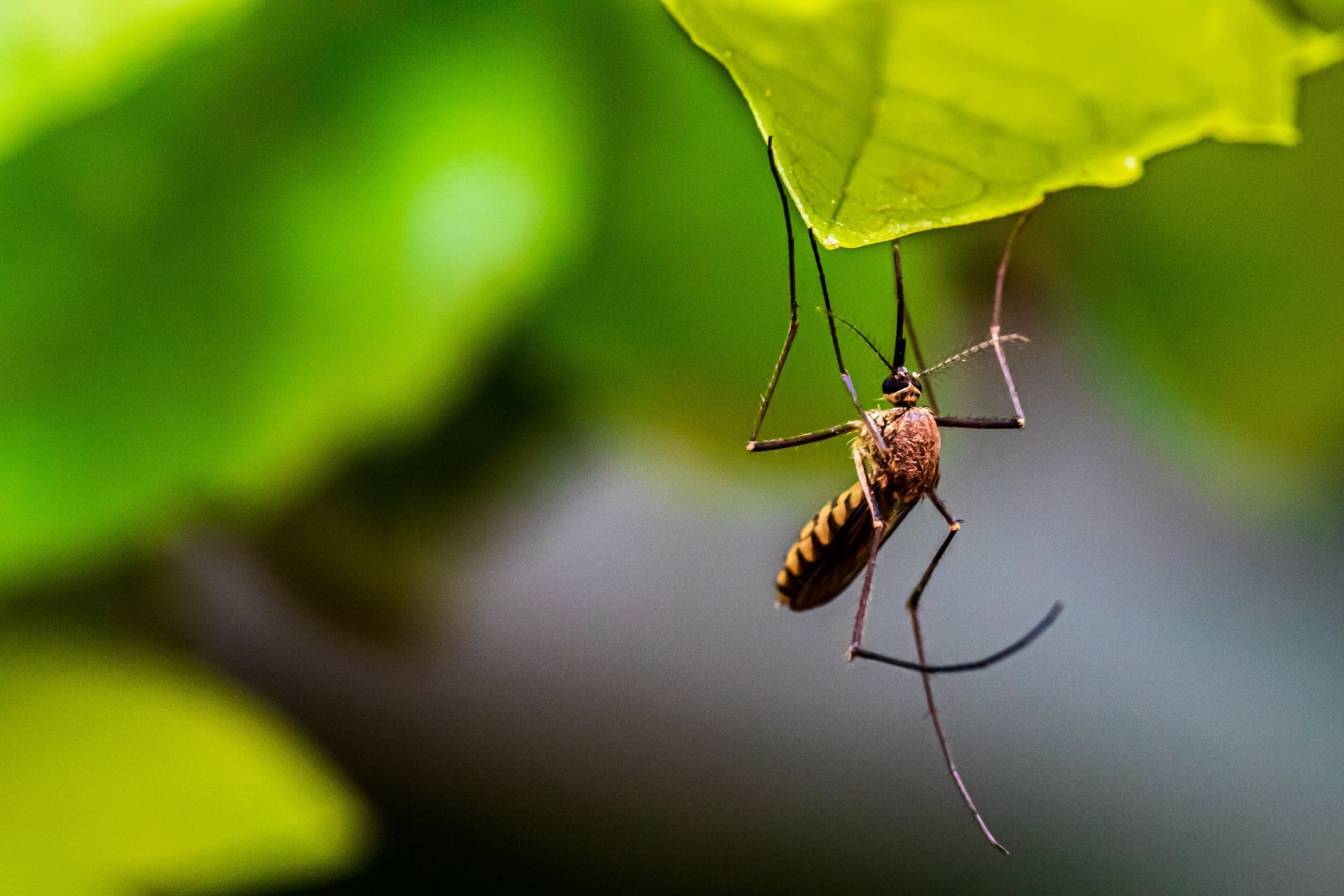Leafcutter Ants
Shielding Your Space: Effective Strategies for Leafcutter Ant Prevention
Introduction:
Leafcutter ants, with their impressive leaf-cutting and fungus-farming abilities, are industrious insects that play a crucial role in ecosystems. However, when these ants venture into human spaces, they can become a nuisance, causing damage to vegetation and ornamental plants. In this article, we will explore practical strategies for preventing leafcutter ant infestations and protecting your property.
1. Understand Leafcutter Ant Behavior:
Before implementing prevention measures, it's essential to understand leafcutter ant behavior. These ants cut and carry pieces of leaves back to their nests, where the leaves serve as a substrate for cultivating fungus. Familiarize yourself with the signs of leafcutter ant activity, including distinctive leaf-cutting trails.
2. Maintain Landscape Hygiene:
Leafcutter ants are attracted to lush vegetation and well-maintained gardens. Regularly prune and trim plants to remove excess foliage, reducing the attractiveness of your property to these ants. Pay attention to ornamental plants, fruit trees, and garden beds.
3. Create Physical Barriers:
Establish physical barriers to prevent leafcutter ants from reaching their desired foraging areas. Use barriers such as gravel, diatomaceous earth, or insect-proof mesh around plants and trees. This makes it more challenging for the ants to access foliage.
4. Use Natural Deterrents:
Incorporate natural deterrents to discourage leafcutter ants. Substances like neem oil, garlic spray, or a mixture of cayenne pepper and water can act as natural repellents. Apply these deterrents to the leaves and surrounding soil to discourage ant activity.
5. Remove Attractants:
Leafcutter ants are drawn to a variety of organic materials. Remove debris, fallen leaves, and dead plant matter from the vicinity of your property. This reduces potential nesting sites and minimizes the attractiveness of your space to the ants.
6. Apply Ant Baits:
Utilize ant baits strategically to target leafcutter ant colonies. Choose baits specifically designed for leafcutter ants and place them near foraging trails or suspected nesting sites. Follow product instructions carefully for optimal effectiveness.
7. Beneficial Nematodes:
Introduce beneficial nematodes to your soil, as they prey on ant larvae and pupae. These microscopic organisms are a natural and environmentally friendly way to control leafcutter ant populations in the soil.
8. Professional Pest Control:
In severe cases or when DIY methods prove ineffective, consider seeking professional pest control services. Pest control experts can assess the extent of the infestation, identify nesting sites, and implement targeted treatments to eliminate leafcutter ants.
9. Regular Monitoring:
Stay vigilant and regularly monitor your property for signs of leafcutter ant activity. Early detection allows for prompt intervention and minimizes potential damage to vegetation.
10. Educate Neighbors:
Leafcutter ants are highly mobile, and neighboring properties can impact infestation dynamics. Work collaboratively with neighbors to implement similar preventive measures and create a collective defense against leafcutter ants.
Conclusion:
Preventing leafcutter ant infestations requires a combination of understanding their behavior and implementing proactive measures. By maintaining a clean and unattractive environment, using physical barriers, applying natural deterrents, and, if necessary, seeking professional assistance, you can effectively shield your space from these industrious ants. With a well-rounded approach to prevention, you can enjoy a thriving garden and landscape without the interference of leafcutter ants.











Share On: